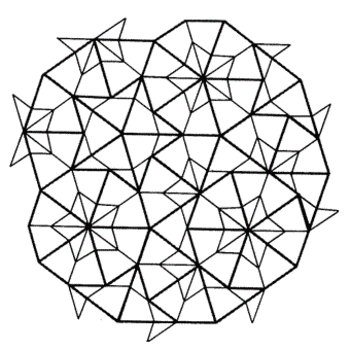How do you factor z^6 - 1?
2 Answers
Explanation:
Putting this all together we get:
If we allow complex coefficients then we can factor:
where
Explanation:
Remembering the formula
Now we have two ugly binomial to simplify. We could remember the formula of the difference of two perfect cubes , but it's not practical to memorize all formulas.
So what I suggest is to try to devide the two binomial by (z-1) and (z+1) that are the most probable divisors.
So the second division is perfect!
And the first division is perfect!
Now we can rewrite the initial binomial in this way:


